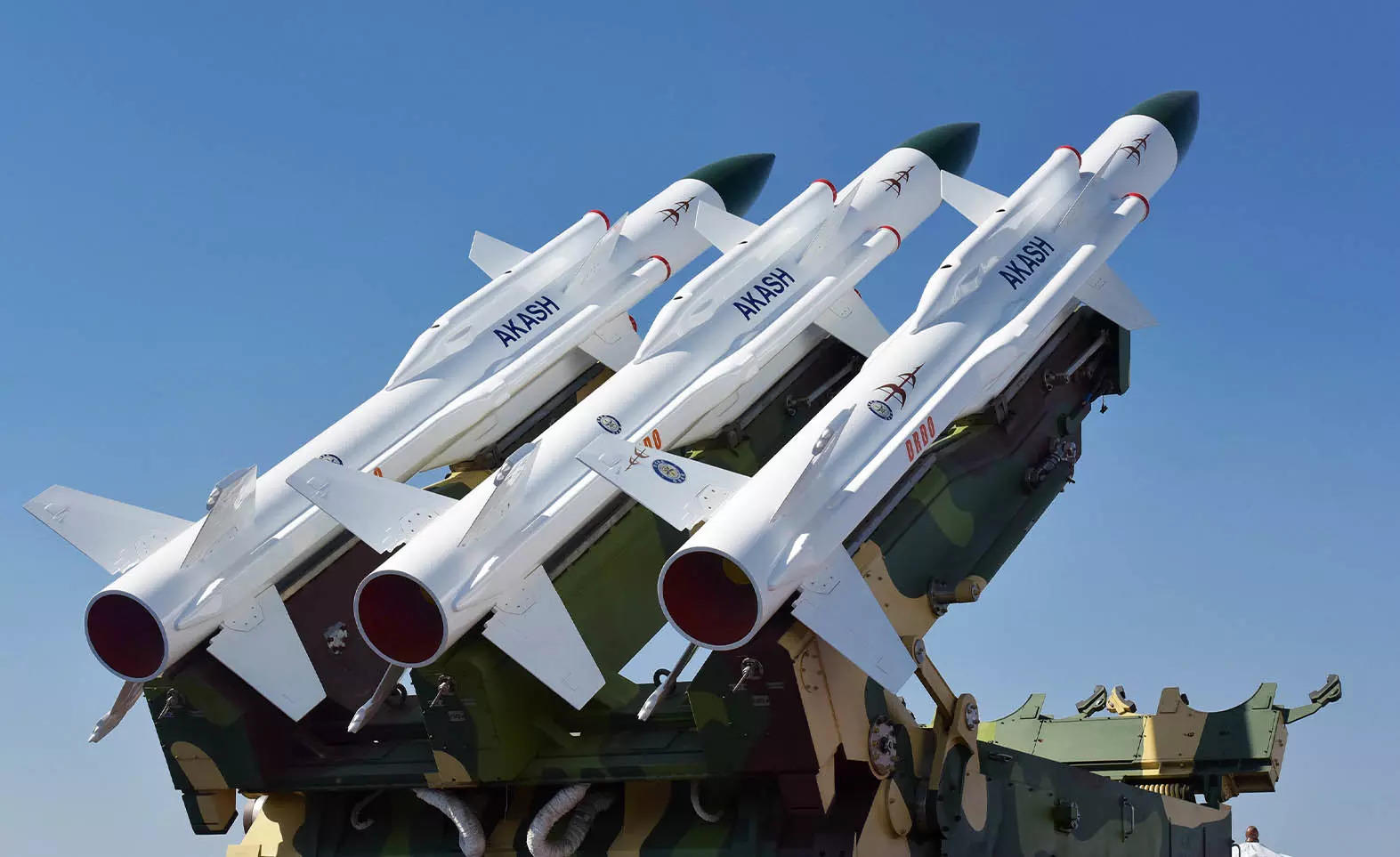Context
India’s defence exports have seen a significant rise in recent years, reflecting the country’s growing capabilities in the defence manufacturing sector. However, this growth brings with it the responsibility to ensure that these exports comply with international humanitarian law (IHL).
Growth of India’s Defence Exports
- It may come as a surprise that India is also among the leading contenders in the global defence market.
- It has also diversified its defence export list of products into missiles, radar systems and naval platforms among others.
- This growth is due to the government’s desire to boost the Defence Manufacturing Industry under the ‘Make in India’ Campaign, to make India the Defence manufacturing hub of the world.
Legal Framework Governing Defence Exports
- Unfortunately, Indian defense exports are subject to numerous domestic laws and treaties.
- The major statutes are the Foreign Trade (Development and Regulation) Act of 1992 and Weapon of Mass Destruction and their Delivery Systems (Prohibition of Unlawful Activities) Act of 2005.
- These laws enable the central government to control the export of defence products according to the security needs of a nation and its commitments.
International Humanitarian Law and Defence Exports
- Protection of persons and property not taking part in hostilities and restrictions of means and methods of use of force in case of armed conflict is described by international humanitarian law.
- Exporting countries of defence equipment have to guarantee that they are not delivering their deliveries to countries and recipients that may use the equipment to infringe IHL norms.
- This includes reviewing the situations in which exported arms may be being used in conflicts, and which ones are being used to perform war crimes, or other serious violations.
India’s Compliance with Humanitarian Law
- Due regard for humanitarian law is an obligation for India not only for its immediate neighbours but for international humanitarianISM is mandatory in Asia even for non-signatories to some of these treaties, and it’s mandatory for India.
- India, contrary to some of the countries with clear legal obligation, has no legal mandate to review the compliance with IHL of the countries importing Indian defence goods.
- The European Union and the United Kingdom have very strict policies regarding export of military equipment which assert that no export is allowed if there is a sure shot possibility that such equipment will be used in violation of IHL.
- As it stands now, Indian law permits exports to be regulated by the government so as to correspond with international commitments without requiring assessment of the recipient country’s compliance with IHL.
Challenges and Ethical Considerations
- This absence really poses an ethical and legal quandary for India and this absence of mandatory IHL compliance review.
- The Siachen operation in 1984 was an instance where Indian defence exports were associated with conflict in which they were reported to have grave breaches of IHL. For example, arms exports to areas experiencing conflicts create controversy over the possibility of their use for perpetrating crimes against humanity.
- It is high time that New Delhi improves the legal standards, which would not permit its weapon exports to be employed in contrast to humanitarian concerns.
Recommendations for Strengthening Compliance
To enhance its credibility as a responsible arms exporter, India could consider several measures:
- Legislative Reforms: Enshrine laws which compel an investigation on the level of compliance of the importing nation to the principles of IHL.
- International Cooperation: Ensure compliance with international instruments as well as international standards, policies and practices, for instance; the Arms Trade Treaty, which seeks to establish the standards for the export, import, transfer and brokering of conventional arms.
- Transparency and Accountability: Subject defence export decisions to more transparency and set measures of report to guarantee compliance with IHL.
- Capacity Building: There is, therefore, need to develop training and capacity of the officials involved in defense export decisions in international IHL.
Conclusion
As India continues to expand its defence exports, it must balance its economic and strategic interests with its obligations under international humanitarian law. Strengthening the legal framework governing defence exports and ensuring rigorous compliance with IHL will not only enhance India’s global standing but also contribute to global peace and security.
Source: The Hindu

